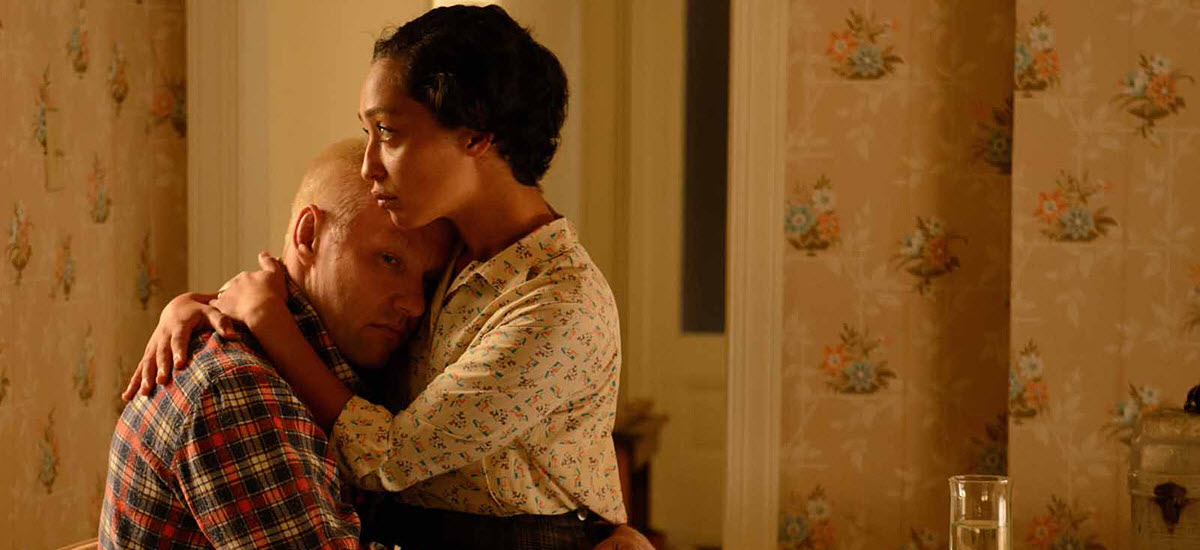Here’s how embarrassingly uneducated I am. Before I entered the theater, I knew that Loving was about an interracial marriage that was against the law in 1958 Virginia. However, I had no idea that it was about the landmark Supreme Court decision reached as a result of Loving v. Virginia in 1967. The title applies not only to the court case as a noun, but also to the emotional feelings as a verb between Richard (Joel Edgerton) and Mildred (Ruth Negga) Loving.
The movie is so understated that, while it reaches its conclusion with the announcement of the decision, I didn’t realize until at least the halfway point that it was headed there. That’s because, with the exception of one climactic scene, the story is told entirely from the point of view of the Lovings. This isn’t a big Hollywood movie about the legal process with emotional courtroom scenes. It’s a quiet independent film about the people going through the process.
 My viewing of Loving was preceded by buzz about Negga’s performance. While I certainly like her, both in other projects (Agents of S.H.I.E.L.D., Preacher) and in this, I was more impressed by the work of Edgerton. The busy actor was good, but not necessarily memorable, in The Gift and Midnight Special; but here, he’s unforgettable. He fully realizes the character of Richard Loving, from the walk of a lumbering country boy to the squinty-eyed despair of a broken man.
My viewing of Loving was preceded by buzz about Negga’s performance. While I certainly like her, both in other projects (Agents of S.H.I.E.L.D., Preacher) and in this, I was more impressed by the work of Edgerton. The busy actor was good, but not necessarily memorable, in The Gift and Midnight Special; but here, he’s unforgettable. He fully realizes the character of Richard Loving, from the walk of a lumbering country boy to the squinty-eyed despair of a broken man.
I did not like Loving quite as much as the last movie from writer/director Jeff Nichols, Midnight Special; it didn’t affect me as emotionally. It’s not that it’s slow or dull, but it’s deliberately paced. There are no big theatrical moments, but every little moment oozes a quiet intensity that cumulates with the realization you’ve subconsciously been incorporated into the family and their struggle. You don’t know until the end how invested you’ve become.



